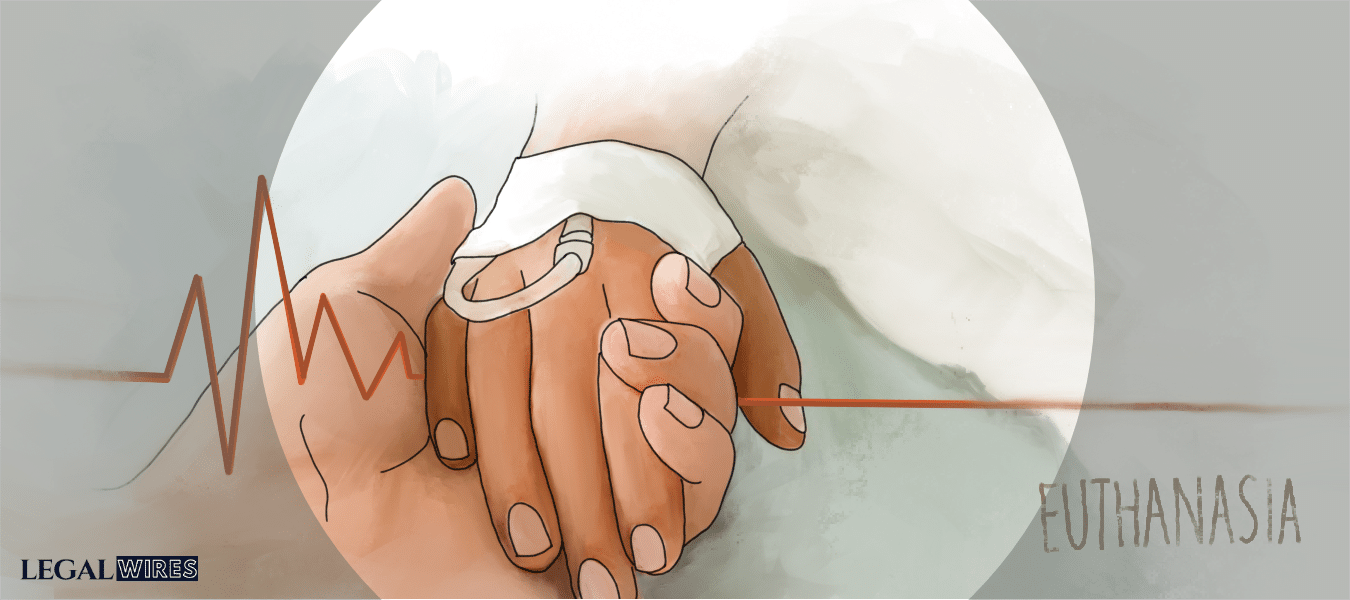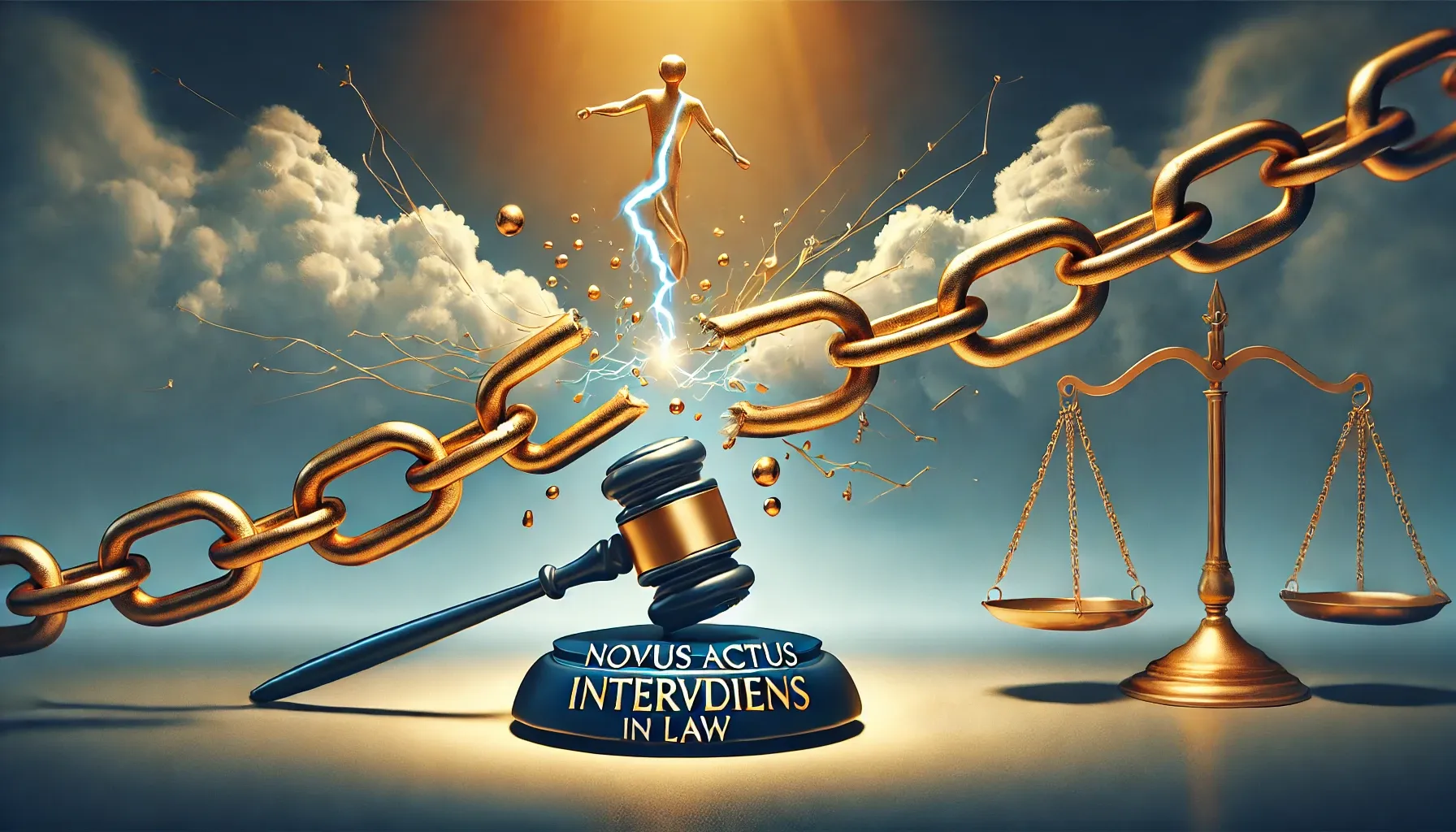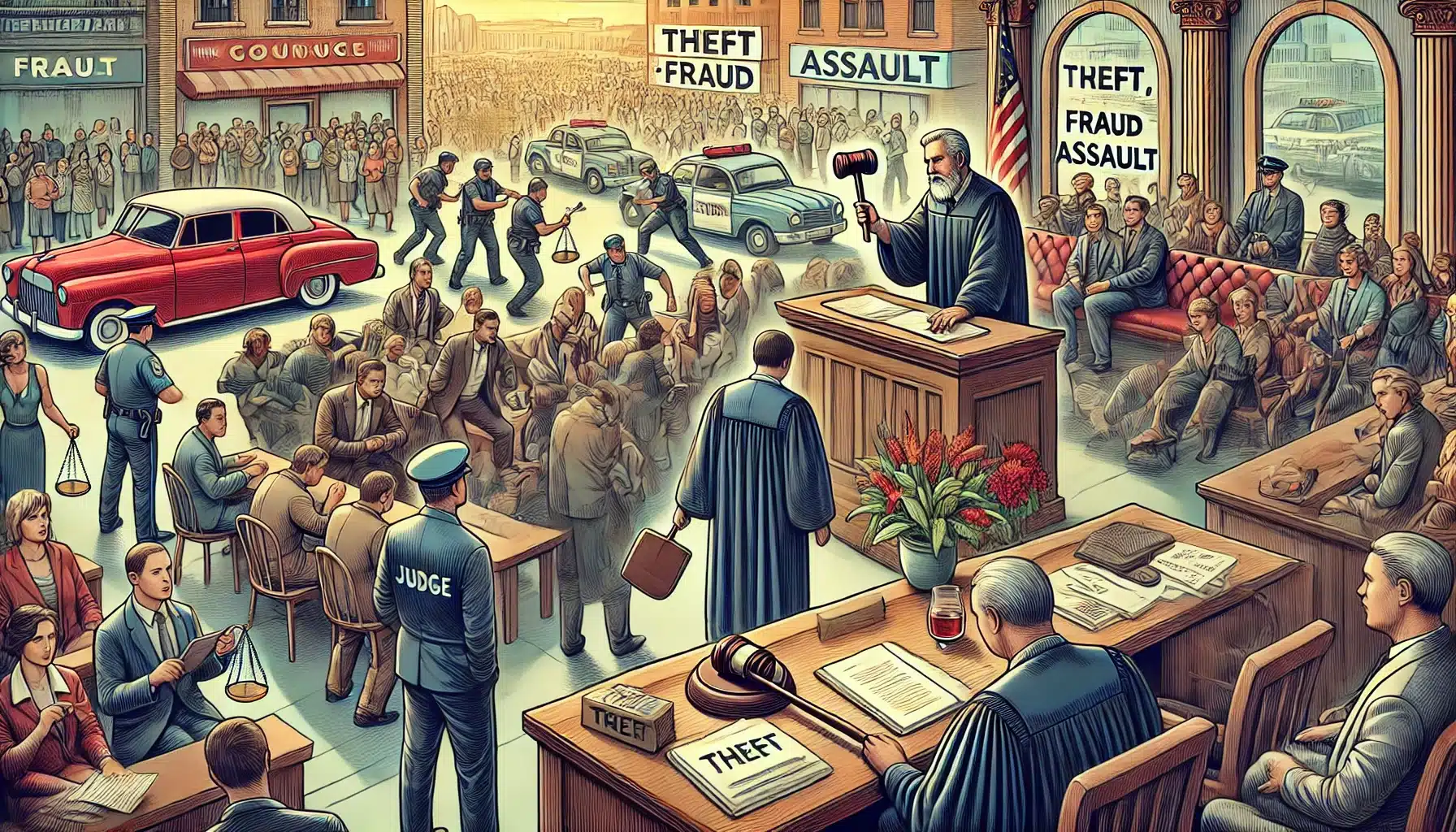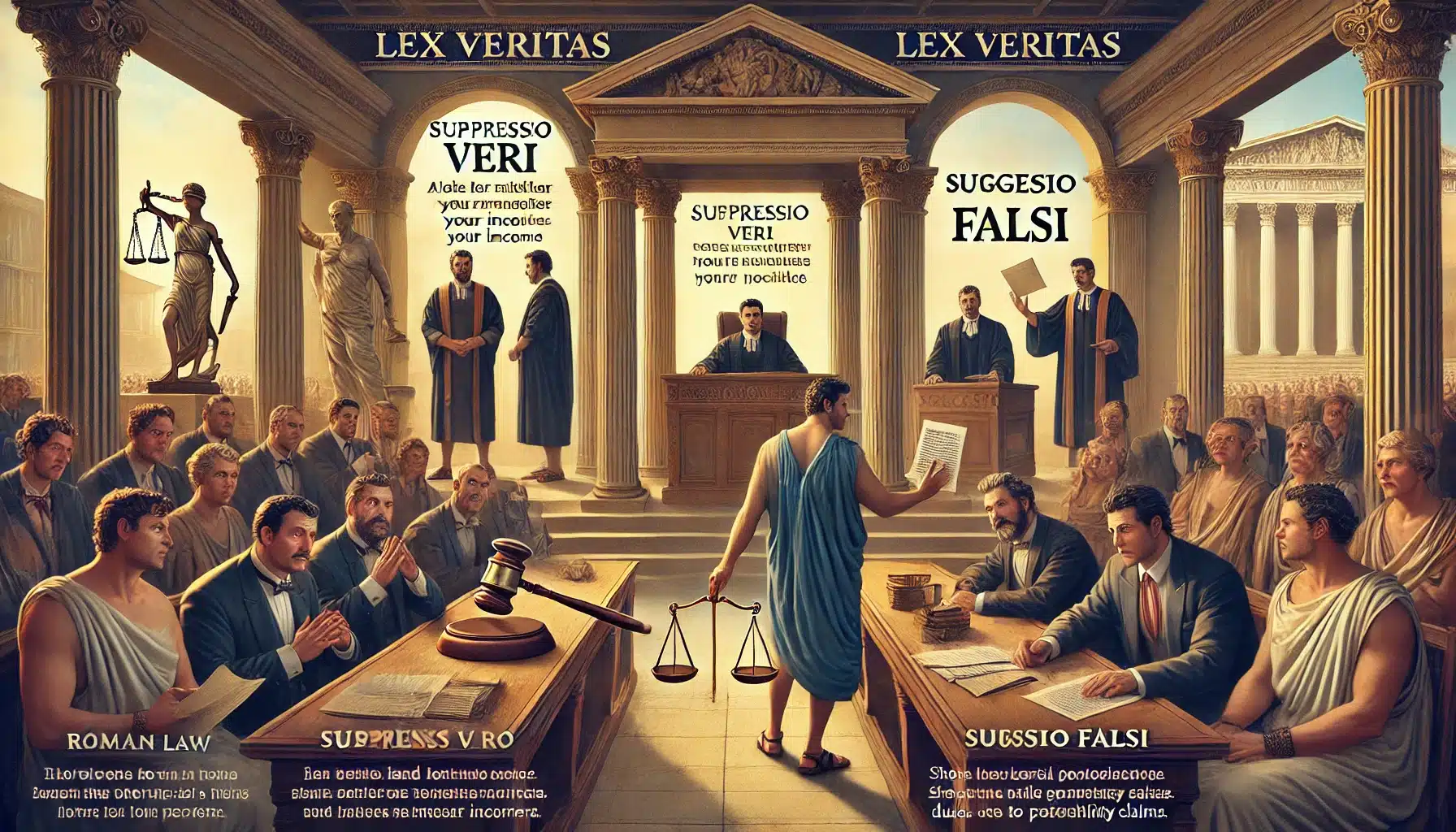Euthanasia refers to the practice of intentionally ending a life to relieve pain and suffering. A person who undergoes euthanasia usually has an incurable condition.

Definition/ Meaning of Euthanasia:
The term Euthanasia is not defined in any legislation but in simple words, Euthanasia refers to the practice of intentionally ending a life to relieve pain and suffering. A person who undergoes euthanasia usually has an incurable condition.
Origin
The term Euthanasia is derived from the Greek word ‘euthanatos‘ which means easy death or good death. It is also called mercy killing. But if we talk about the practical definition of euthanasia then it is the painless killing of a patient suffering from an incurable and painful disease or in an irreversible coma. A person who undergoes euthanasia usually has an incurable condition and there are other instances where some people want their life to be ended. In many cases, it is carried out at the person’s request but there are times when they may be too ill and the decision is made by relatives, medics or, in some instances, the courts.
We all know that the honourable Supreme court of India has already given its decision on this point and passive euthanasia is now legal in India. But then also many arguments are put forward for and against legalizing euthanasia in India.
Types of Euthanasia:
Euthanasia can be classified into 3 main types-
- Voluntary euthanasia
- Non-voluntary euthanasia
- Involuntary euthanasia
- Voluntary euthanasia is conducted with the will of the patient.
- Non-voluntary euthanasia is conducted when the will of the patient is unavailable. The simple example of this type of euthanasia is child euthanasia.
- Involuntary euthanasia is one which is conducted against the will of the patient.
Further these three types are divided into two sub types:
- Active euthanasia
- Passive euthanasia
Active euthanasia is one which makes use of some lethal substances like toxic injections to end patient’s life. While passive euthanasia is the act of removing life sustaining instruments which are necessary to keep patient alive but I consider both these terms as synonyms to each other because there is no real difference between the two, since both have the same result i.e. Death of the patient on humanitarian grounds.
Indian Courts on Euthanasia
Recently on 9 March 2018, Supreme court of India declared passive euthanasia permissible and also legalised living will (A living will be a legal document in which a person specifies what actions should be taken for their health if they are no longer able to make such decisons for themselves due to illness or incapacity. Also, Supreme court of India held that right to die with dignity is a fundamental right.
Now as our basics related to euthanasia are clear so coming to our question, Pro-euthanasia arguments. Argument based on right. People have an explicit right to die and many other rights itself include the right to die.
Right to life (Article 21 of our constitution) is not just a right simply to exist but it is a right to life with a minimum quality and value. Death is a private matter and if there is no harm to others then the state and other people has no right to interfere and hence that action is morally acceptable. Moreover, Right to Privacy and freedom of belief also give a person the right to decide how and when to die.
Medical resources:
Euthanasia may be necessary for the fair distribution of health resources. In most countries, there is shortage of medical resources which includes India too. As a result, some people who can be cured are not able to receive adequate and speedy access to the facilities. At the same time resources are being used over some people who can’t be cured. Is death a bad thing? If death is not a bad thing then most of the objections to euthanasia vanish. Most of us who object to euthanasia consider death as a bad thing because human life is considered extremely valuable because most people don’t want to die, because most people consider life and death as God’s business with which one shouldn’t interfere.
Anti-euthanasia arguments
Ethical arguments, accepting euthanasia accepts that some lives are worth less as compared to others. Accepting voluntary euthanasia is a start of slippery slope that will lead to involuntary euthanasia.
Practical arguments, regulating euthanasia is quite a difficult task.Euthanasia gives too much power to the doctors.
Religious arguments, Euthanasia is against the word and will of God.Religious people sometimes argue against the euthanasia as they considered pain and sufferings as the result of one’s own deeds in life (karma).
Sanctity of life, this argument says that euthanasia is bad because Human life is sacred and it is a gift from God. Euthanasia is seen as killing by most people without considering the pain and sufferings that one person is going through his/ her life.
Pressure on the vulnerable:
This argument says that if euthanasia is allowed the vulnerable persons will be pressurised to end their lives. Vulnerable people may start considering themselves as burden on their family and for relieving this burden they might opt for this euthanasia.




